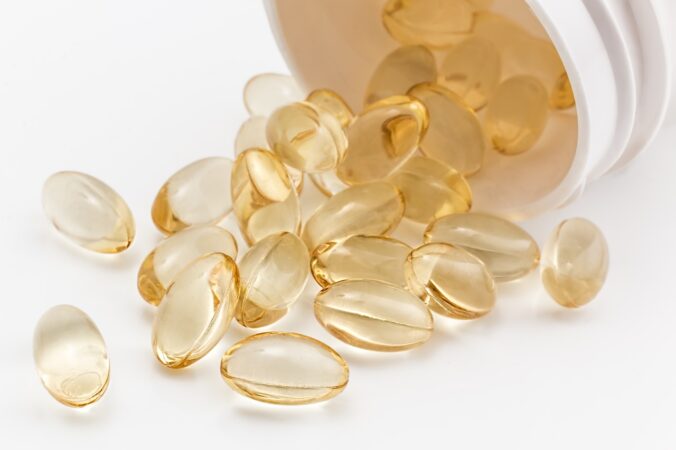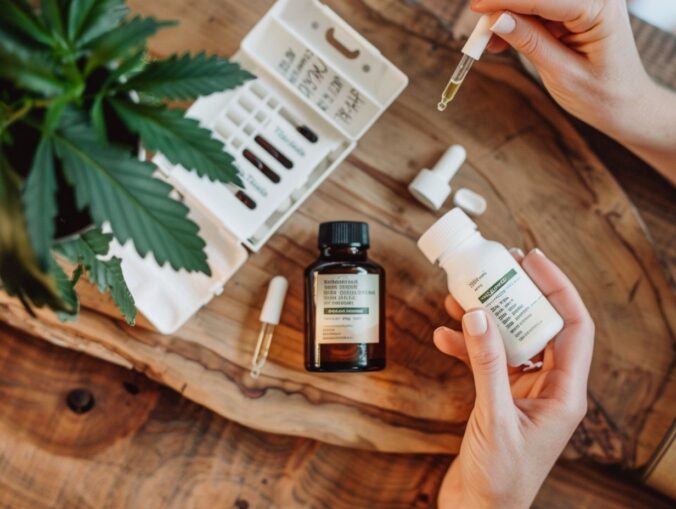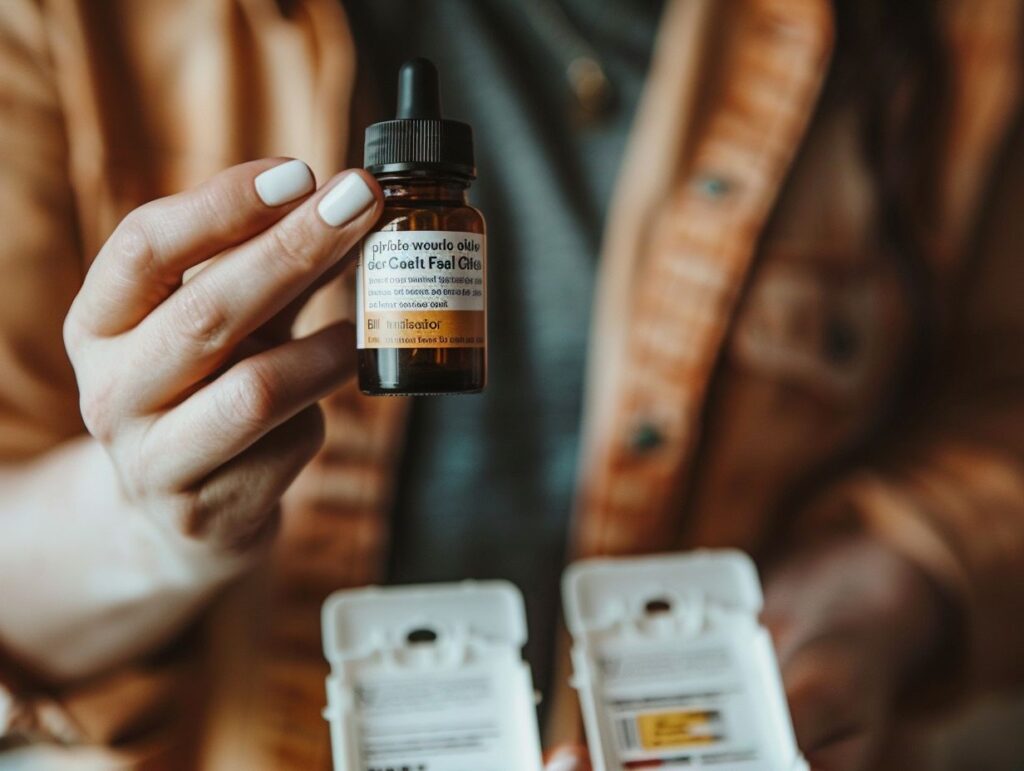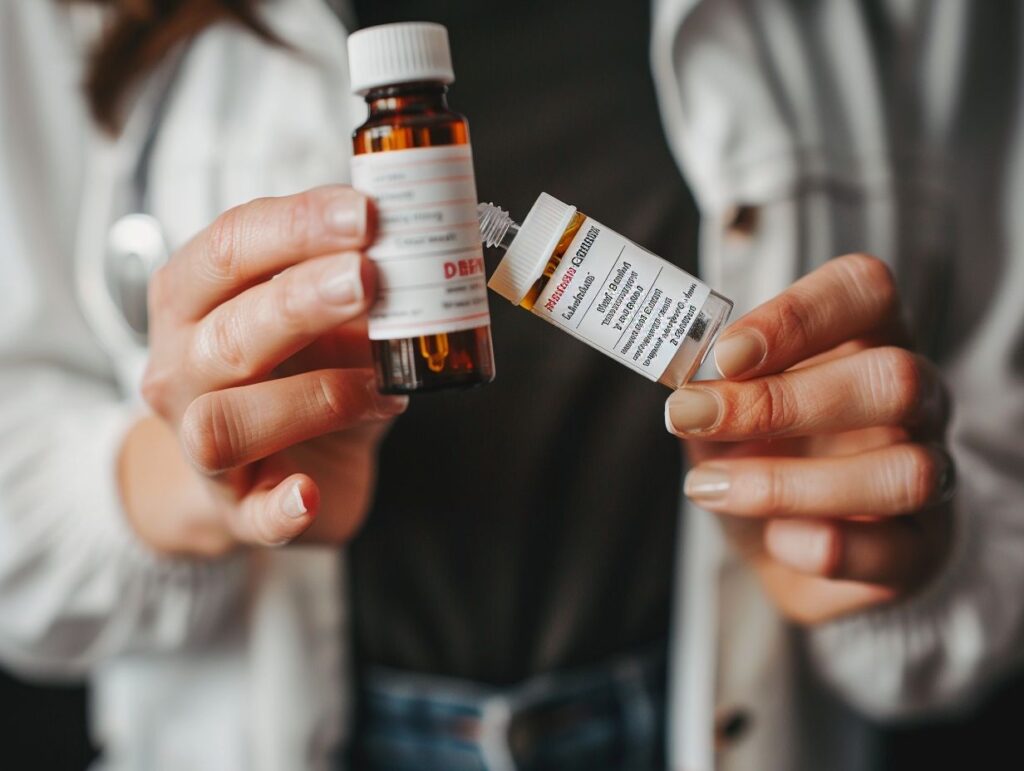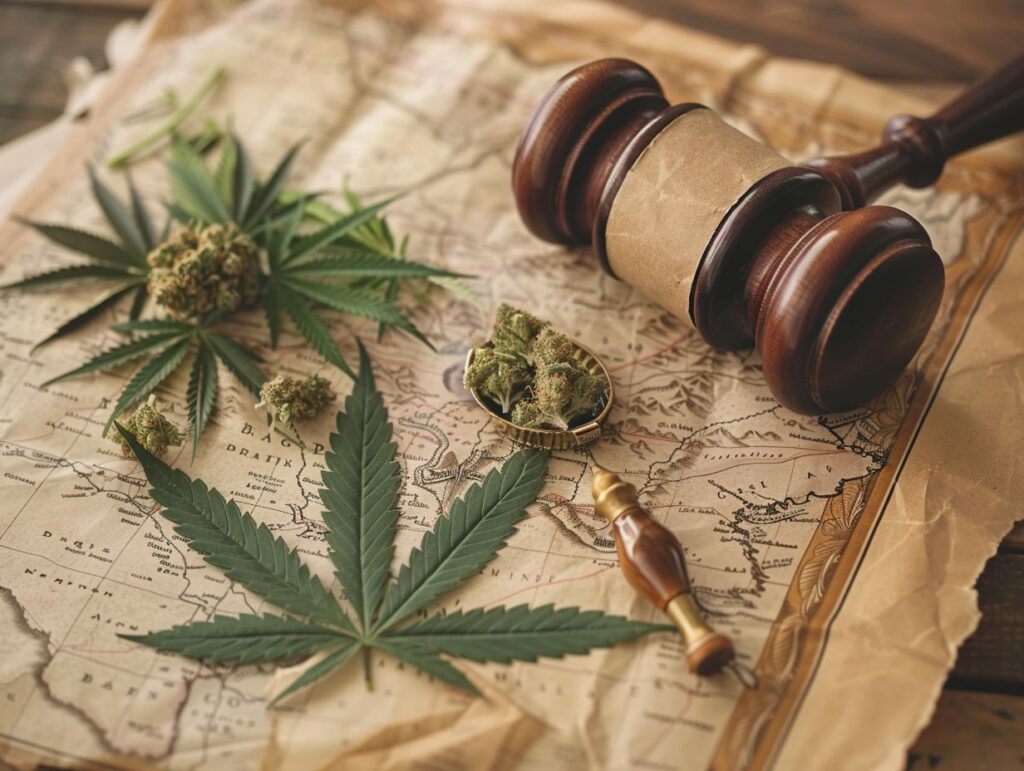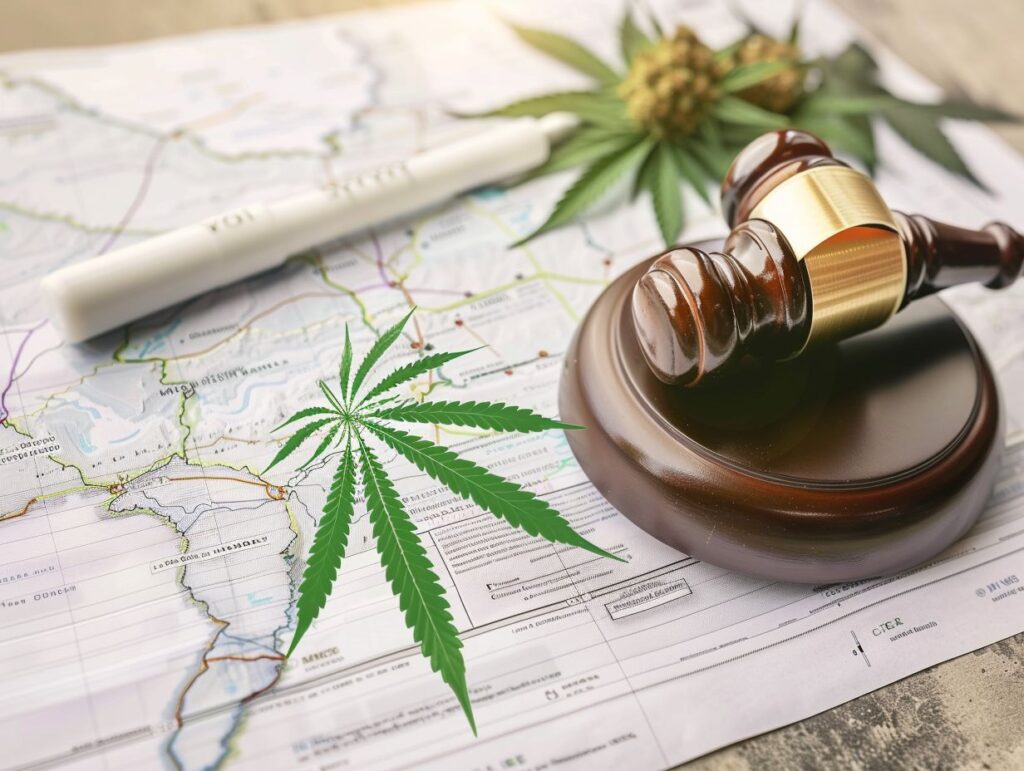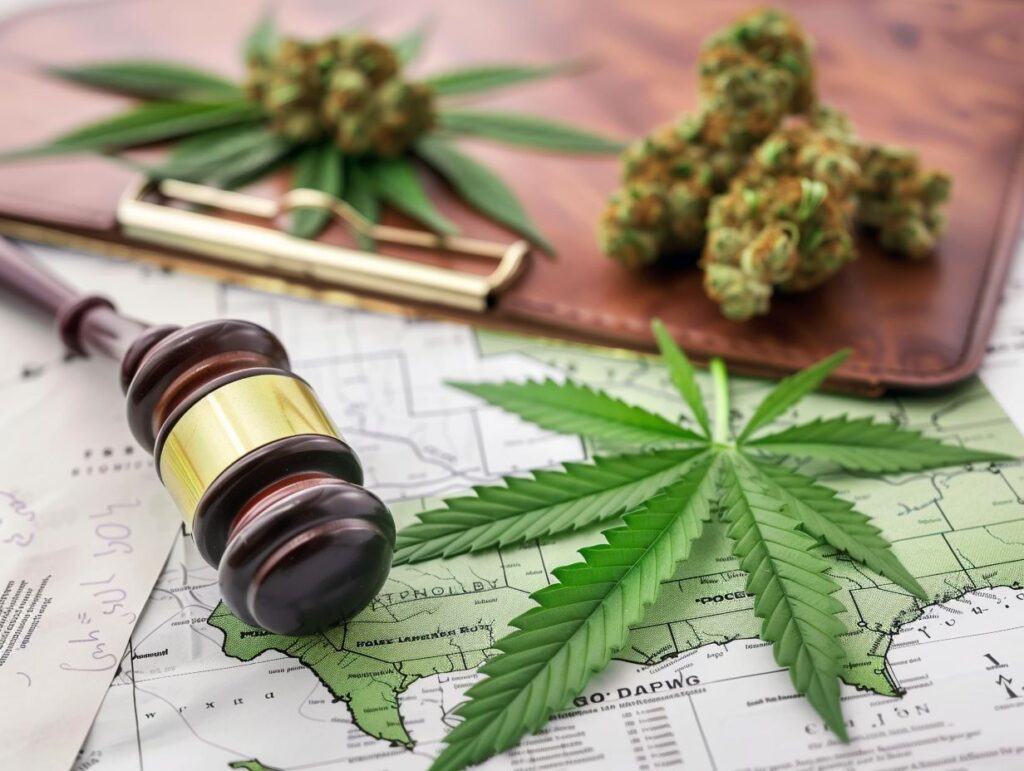Curious about CBD and its potential benefits?
- Explore the different forms of CBD, its potential benefits such as pain relief and anxiety reduction, as well as its interaction with other medications.
- Find out how CBD interacts with Cytochrome P450 enzymes and learn about potential drug interactions.
- Stay informed on which medications should not be taken with CBD and how to safely use CBD alongside other medications.
Let’s dive in!
What are the Different Forms of CBD?
- CBD is available in various forms to cater to different preferences and needs. Common forms include oils, tinctures, topicals, capsules, edibles, and vape products.
These diverse forms of CBD offer consumers a wide range of options when it comes to incorporating cannabidiol into their wellness routines. Oils and tinctures are popular for their ease of use and fast absorption, while topicals provide targeted relief for localized discomfort. Capsules and edibles offer convenient dosing options for those looking for a more discreet consumption method, and vape products are favored by some for their quick onset of effects. Each form contains varying concentrations of CBD and other cannabinoids, with recommended dosages depending on individual needs and the condition being treated.
What are the Potential Benefits of CBD?

CBD offers a range of potential benefits, particularly in addressing various health conditions and symptoms due to its interaction with the endocannabinoid system.
Pain Relief
CBD has shown promise in providing relief from various types of pain, including chronic pain conditions, by interacting with the endocannabinoid receptors involved in pain perception.
By modulating these receptors, CBD may help alleviate neuropathic pain, inflammatory pain, and even pain associated with conditions like arthritis and multiple sclerosis. Studies have indicated that CBD’s anti-inflammatory and analgesic properties can provide significant pain relief without the psychoactive effects commonly associated with THC.
CBD’s pharmacokinetics suggest that it may offer a safer alternative to traditional pain medications, as it is generally well-tolerated and has fewer harmful side effects. As research in this area continues to evolve, CBD holds potential to become a valuable addition to treatment regimens for individuals suffering from chronic pain.
Anxiety and Depression Relief
CBD has shown promising results in alleviating symptoms of anxiety and depression by impacting the serotonin receptors in the brain and regulating stress responses.
By modulating serotonin levels, CBD can help in promoting feelings of well-being and reducing the exaggerated fear or worry often associated with anxiety disorders. CBD’s anti-inflammatory properties have been linked to decreasing anxiety and depression symptoms by calming the brain’s response to stress.
It is important to note that while CBD is generally well-tolerated, some individuals may experience side effects such as fatigue, diarrhea, or changes in appetite. There are concerns about potential drug interactions with CBD, especially in individuals already taking medications for mental health conditions.
Understanding the pharmacokinetics of CBD is crucial for optimizing its therapeutic effects in managing anxiety and depression. It is advisable to consult with a healthcare provider before incorporating CBD into a mental health treatment plan to avoid any contraindications or risks associated with its use.
Anti-inflammatory Properties
CBD exhibits anti-inflammatory properties that can benefit individuals with inflammatory conditions such as arthritis, by modulating the immune response and reducing inflammation.
The ability of CBD to interact with the body’s endocannabinoid system plays a crucial role in its anti-inflammatory effects. Research suggests that CBD can inhibit inflammatory cytokines, thereby reducing inflammation in conditions like inflammatory bowel disease and multiple sclerosis. The dosages required for these anti-inflammatory benefits vary depending on the severity of the condition, with studies indicating that higher doses may be more effective in managing chronic inflammation. CBD’s metabolism involves interaction with liver enzymes, primarily the cytochrome P450 system, which can impact its effectiveness and potential drug interactions. By modulating inflammation and immune responses, CBD shows promising potential in managing various inflammatory disorders.
Neuroprotective Properties
CBD demonstrates neuroprotective properties that may be beneficial in conditions affecting the nervous system, such as epilepsy and neurodegenerative diseases, by influencing neuronal function and protecting against damage.
Research suggests that CBD interacts with the endocannabinoid system in the body, particularly through its modulation of CB1 and CB2 receptors, which play vital roles in maintaining neurological balance. By reducing inflammation and oxidative stress, CBD helps in preserving the integrity of neurons and promoting their survival. Studies indicate that CBD’s antioxidant properties enable it to counteract the harmful effects of free radicals and toxins that can harm brain cells, contributing to its neuroprotective effects.
How Does CBD Interact with Other Medications?
CBD can interact with other medications through various mechanisms, affecting their metabolism, absorption, and efficacy, leading to potential drug interactions and altered therapeutic outcomes.
This interaction occurs primarily due to CBD’s influence on the body’s cytochrome P450 enzyme system, which is responsible for metabolizing many medications. When CBD inhibits these enzymes, it can affect the breakdown of certain drugs in the liver, potentially causing higher levels of the medications to remain in the body. This altered metabolism can lead to unexpected side effects or reduced effectiveness of the drugs. Therefore, it is crucial for individuals using CBD to be aware of potential contraindications and risks when combining it with pharmaceuticals.
CBD and Cytochrome P450 Enzymes
CBD interacts with cytochrome P450 enzymes in the liver, which are responsible for metabolizing many medications, potentially leading to altered drug metabolism and interactions.
When CBD is introduced into the system, it can inhibit or induce the activity of these liver enzymes, impacting the breakdown and effectiveness of various drugs. This can result in either increased or decreased levels of medications in the bloodstream, affecting their intended therapeutic effects. Understanding these interactions is crucial for healthcare providers to consider when prescribing medications to patients using CBD products, as it can influence the overall efficacy and safety of treatments.
Monitoring for potential drug interactions becomes essential in such cases to prevent adverse effects and ensure optimal outcomes for patients.
Potential Drug Interactions with CBD
CBD may interact with a variety of pharmaceuticals, including common medications used to treat different health conditions, potentially altering their effects and posing risks of adverse reactions.
These interactions can occur due to CBD’s ability to inhibit certain enzymes in the liver responsible for metabolizing drugs, leading to changes in how the body processes medications. This could result in increased or decreased levels of drugs in the bloodstream, affecting their efficacy or causing unexpected side effects. Patients combining CBD with prescribed medications should be cautious and consult with healthcare providers to ensure they are aware of any potential interactions, contraindications, or adjustments needed in their treatment plan.
What Medications Should Not Be Taken with CBD?
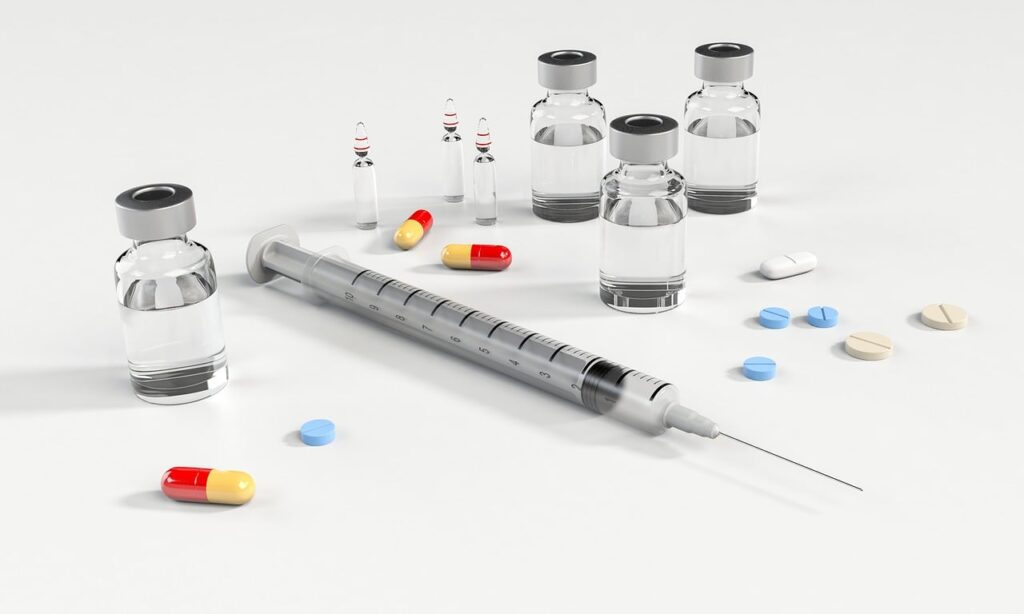
Certain medications should not be taken with CBD due to the risk of adverse interactions and effects. These include blood thinners, anti-seizure drugs, benzodiazepines, and chemotherapy medications.
- Blood thinners, such as warfarin, are contraindicated with CBD as both substances have anticoagulant properties, which could increase the risk of bleeding.
- Anti-seizure medications like clobazam and valproic acid may have their effectiveness altered when combined with CBD, potentially leading to reduced seizure control or other side effects.
- Benzodiazepines and CBD can both cause sedation and central nervous system depression, intensifying these effects when used in combination.
- Chemotherapy drugs, when taken with CBD, might undergo altered metabolism processes, impacting their efficacy or toxicity levels. Hence, caution should be exercised when using CBD alongside these medications to prevent potential risks or adverse events.
Blood Thinners
CBD can interact with blood thinners such as warfarin, potentially leading to increased bleeding risks due to altered drug metabolism and effects on blood clotting mechanisms.
This interaction is concerning for individuals on anticoagulant therapy, as CBD has the potential to affect the efficacy of blood thinners. In some cases, the combination can lead to excessive bleeding or clot formation, posing serious health risks.
Patients should consult their healthcare provider before using CBD products while taking blood thinners to ensure proper monitoring of their clotting parameters and medication dosages. It is crucial for healthcare professionals to be aware of these potential interactions to avoid adverse outcomes and provide safe and effective treatment for patients requiring anticoagulant therapy.
Anti-Seizure Medications
Combining CBD with anti-seizure medications like clobazam may alter their effects and increase the risk of adverse reactions or reduced efficacy in managing seizure disorders.
This potential interaction is primarily due to the way CBD is metabolized in the body, which can impact the metabolism of certain anti-seizure medications.
This could lead to unexpected changes in blood levels of these medications, potentially causing them to be less effective or more potent than intended.
Patients considering using CBD alongside their anti-seizure medications should consult with their healthcare provider to discuss the possible risks and benefits.
It is crucial to monitor for any signs of worsening seizures or adverse effects when combining these treatments to ensure optimal therapeutic outcomes and safety.
Benzodiazepines
The combination of CBD with benzodiazepines like diazepam may lead to enhanced sedative effects and central nervous system depression, posing risks of excessive drowsiness and impaired cognitive function.
This interaction between CBD and benzodiazepines, when used together, can result in potentiation of sedative properties, potentially leading to serious health implications. Individuals with underlying health conditions such as respiratory disorders or liver disease may be at an increased risk of experiencing adverse effects due to the combined use of these substances.
It is crucial for individuals to be aware of the contraindications associated with mixing CBD and benzodiazepines and to consult with a healthcare professional before incorporating both into their regimen. Precautions must be taken to mitigate the risks of central nervous system depression and other potential complications when utilizing these substances concurrently.
Chemotherapy Drugs
CBD may interact with chemotherapy drugs, affecting their metabolism and efficacy in treating cancer, potentially leading to altered treatment outcomes and increased risks of adverse reactions.
These interactions between CBD and chemotherapy drugs can result in various contraindications that patients need to be aware of. The risk of altered drug metabolism can lead to either decreased effectiveness of the chemotherapy drugs or increased toxicity levels in the body. This altered interaction may impact the overall success of the cancer treatment regimen and necessitates a cautious approach when combining CBD with chemotherapy medications.
Patients are advised to consult with their healthcare providers before starting any CBD regimen alongside chemotherapy to prevent any potential complications.
How to Safely Use CBD with Other Medications?
To ensure the safe use of CBD with other medications, it is crucial to consult with healthcare professionals, start with low doses, monitor for side effects, and consider alternative options for therapy.
This collaborative approach between individuals and their healthcare providers can help in navigating the potential interactions between CBD and pharmaceuticals. Healthcare professionals can offer personalized guidance based on an individual’s medical history, current medications, and overall health status when incorporating CBD into their regimen.
Starting with conservative dosages allows for a cautious introduction of CBD, reducing the risk of adverse effects. Regular monitoring for any unexpected reactions is essential to promptly address any concerns that may arise. In cases where interactions are significant, exploring alternative therapeutic strategies under medical supervision is advised to ensure optimal outcomes.
Consult with a Healthcare Professional

Before using CBD alongside other medications, patients should consult healthcare professionals, such as doctors or pharmacists, to assess potential interactions, dosages, and safety considerations.
These professionals play a crucial role in providing tailored advice based on a patient’s unique medical history and current medication regimen. Doctors or pharmacists can issue prescriptions for CBD products and also monitor the therapy to ensure optimal results and minimal risks. By involving healthcare professionals in the decision-making process, patients can benefit from a comprehensive approach that prioritizes their safety and well-being. Their expertise allows for a more informed and personalized treatment plan that takes into account any potential drug interactions or adverse effects.
Start with a Low Dose
Commencing CBD therapy with low doses is advisable to minimize the risk of adverse reactions, allowing patients to evaluate the effects and tolerance before adjusting dosages for optimal treatment outcomes.
This cautious approach in introducing CBD can play a crucial role in promoting patient safety and enhancing the overall treatment experience. By starting with lower doses, individuals can closely monitor their response to the cannabinoid, identifying any potential side effects and mitigating risks effectively.
Different health conditions may require varying initial doses, underscoring the importance of personalized treatment plans. As patients navigate the world of CBD, gradual adjustments to dosages ensure a steady and controlled adaptation, optimizing the therapeutic benefits while minimizing any unwanted effects.
Monitor for Side Effects
Patients using CBD in conjunction with other medications should be vigilant in monitoring for potential side effects, such as dizziness, fatigue, and gastrointestinal disturbances, to promptly address any adverse reactions.
It is crucial for individuals to understand that the interaction of CBD with other medications can result in unexpected outcomes and intensified side effects. Tracking dosages diligently becomes imperative in such scenarios to assess the impact accurately. Underlying health conditions may also play a significant role in how CBD interacts with other medications, making it essential to inform healthcare providers about all ongoing treatments.
Safety measures, like starting with low doses, careful observation for any changes, and seeking professional guidance, are essential to manage and mitigate potential adverse reactions successfully.
Consider Alternative Options
In cases where potential interactions or risks arise from using CBD with other medications, patients should explore alternative therapeutic options in consultation with healthcare providers to ensure effective treatment and safety.
This process involves considering various alternative therapy choices that can complement or serve as substitutes for CBD, while still addressing the health condition at hand. It is crucial for individuals to prioritize safety and efficacy by discussing any concerns or questions with their healthcare team.
By evaluating different treatment modalities, patients can make informed decisions that align with their overall wellness goals and medical needs. Seeking professional healthcare advice is essential in navigating the complex landscape of managing health conditions and potential interactions.
Frequently Asked Questions
How does CBD interact with other medications?
CBD can interact with other medications in a few different ways. It can cause certain medications to be metabolized differently in the body, and it can also affect the levels of certain medications in the bloodstream.
Can CBD interact with all types of medications?
Yes, CBD has the potential to interact with many different types of medications. It is important to always consult with your doctor before using CBD if you are currently taking any medications.
What are some possible interactions between CBD and other medications?
Some possible interactions between CBD and other medications include increasing or decreasing the effects of the medication, causing potential side effects, or altering the metabolism of the medication in the body.
Why is it important to talk to a doctor before using CBD with other medications?
It is important to talk to a doctor before using CBD with other medications because they can help determine potential interactions and adjust dosages accordingly. They can also monitor for any side effects or changes in medication efficacy.
Are there any medications that should not be taken with CBD?
There are a few types of medications that should not be taken with CBD, including blood thinners and medications that are metabolized by the liver. Always consult with a doctor before combining CBD with any medication.
How can I safely use CBD with other medications?
To safely use CBD with other medications, it is important to start with a low dose and gradually increase as needed. It is also important to monitor for any potential side effects and consult with a doctor if any concerns arise.
